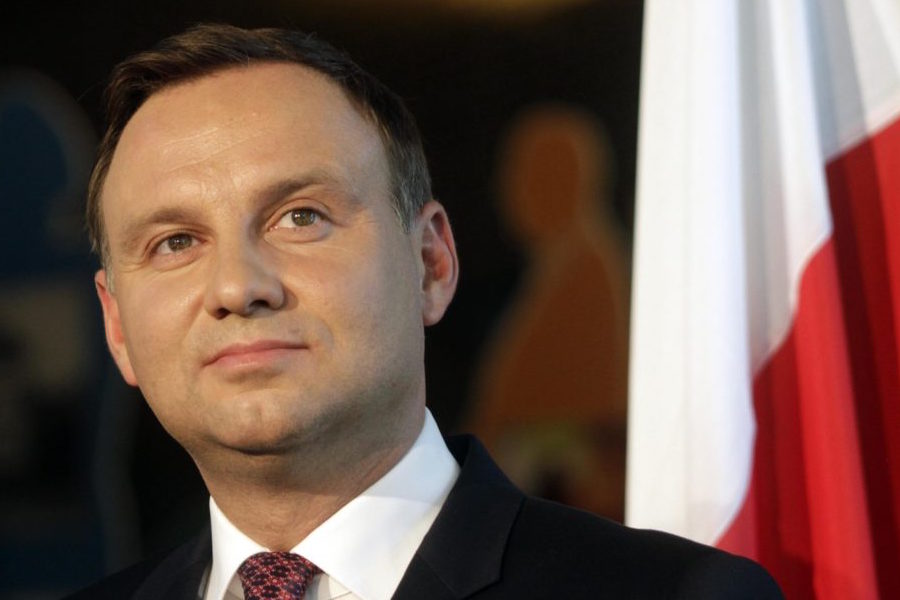
Dec 12, 2018 | News
The ICJ today called on President Andrzej Duda to sign legislation that would require the reinstatement of the Supreme Court justices that were forcibly “retired” in July 2018.
On 21 November 2018, the lower house of the Polish Parliament (Sejm) approved Draft Law no. 3013, which would amend the Law on the Supreme Court. This amendment would ensure that the Supreme Court and Supreme Administrative Court justices who “retired … return in office on the day of entry into force of this Law” (Article 2.1).
The Minister of Justice has stated that the Law is being adopted to implement the EU Court of Justice interim measures issued in the infringement proceedings against Poland for the failure to respect the tenure of its Supreme Court justices.
“The draft law is a step in the right direction to implement the interim measures by the Court of Justice of the EU,” said Massimo Frigo, Senior Legal Adviser for the ICJ Europe and Central Asia Programme.
“It is important that President Duda signs this law promptly to ensure the independence of the judiciary in Poland as well as respect for its obligations under EU law,” he added.
The ICJ however is concerned that this law still refers to the Supreme Court justices to be reinstated as “retired.”
The forced “retirement” of one-third of the Supreme Court Justices constituted effectively a disguised dismissal in breach of international law and EU law standards on the rule of law and the independence of the judiciary.
Any reference to the “retirement” of the Supreme Court Justices should therefore be deleted.
“The Government’s intention that these measures be issued to implement the Court of Justice’s interim measures suggests that these measures are not intended to be permanent,” said Massimo Frigo.
“The Court of Justice and the European institutions should pursue the Article 7 procedure and the infringement proceedings until the forced judicial “retirements” are fully rescinded and no further similar attempts are made to undermine judicial independence and function.”
Background
A law on the Supreme Court, which entered into effect in July 2018, attempted to force the “retirement” of 27 of the 72 Supreme Court judges, including the First President, by lowering the mandatory retirement age for its judges from 70 to 65 years.
The ICJ has condemned the “forced retirement” of the 27 Supreme Court Justices as violating the security of tenure of judges in direct contravention of the principle of judicial independence, as expressed in international law and standards.
These include the UN Basic Principles on the Independence of the Judiciary, Council of Europe standards, the European Court of Human Rights’ jurisprudence and the rule of law principles enshrined in article 2 of the Treaty on European Union.
An ICJ letter of 11 July 2018, signed by 22 senior judges from all regions of the world, urged the Polish government to act immediately to reinstate the forcibly retired judges in office.
The European Commission has recognized the current situation as undermining “the principle of judicial independence, including the irremovability of judges” and has triggered a procedure under Article 7 of the Treaty of the European Union that could ultimately lead to suspension of Poland’s EU voting rights.
The Commission has also launched infringement proceedings against Poland in respect of the law on the Supreme Court.
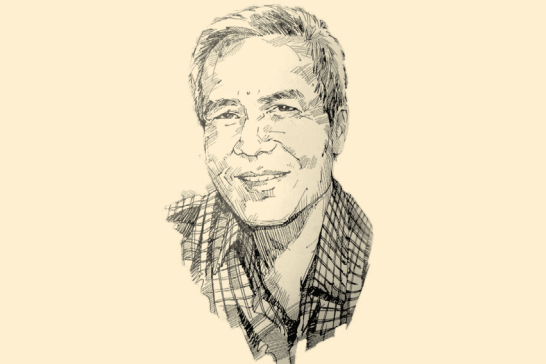
Dec 12, 2018 | Events, News
On 12 December 2018, the ICJ co-organized a panel discussion at Bangkok Art and Culture Center (BACC) in Thailand marking the 6th anniversary of the evident enforced disappearance of prominent Lao civil society leader Sombath Somphone.
The panel discussion was co-organized with the International Federation for Human Rights (FIDH), ASEAN Parliamentarians for Human Rights (APHR) and Forum Asia.
On 15 December 2012, Closed Circuit Television (CCTV) footage taken by police cameras near a police checkpoint in Vientiane, Lao PDR, appeared to show that Sombath Somphone was abducted at the checkpoint by, or with the consent or acquiescence of, agents of the State. He has not been seen since.
Six years after his abduction, Laotian authorities have repeatedly failed to provide meaningful information as to his fate or whereabouts, or conduct an independent, impartial and effective investigation towards determining his fate. The last police report on his case was issued on 8 June 2013.
In light of the 6th anniversary, the panel discussion considered what further steps could be taken to continue advocacy on his case and spoke about regional implications and responses.
The panelists were:
- Ng Shui-Meng, Wife of Sombath Somphone;
- Edmund Bon, Lawyer, Malaysia’s Representative to the ASEAN Intergovernmental Commission on Human Rights;
- Premrudee Daoroung, Project SEVANA’s South-East Asia Coordinator;
- Charles Santiago, Malaysian Member of Parliament.
The panel was moderated by the Andrea Giorgetta from the International Federation for Human Rights (FIDH).
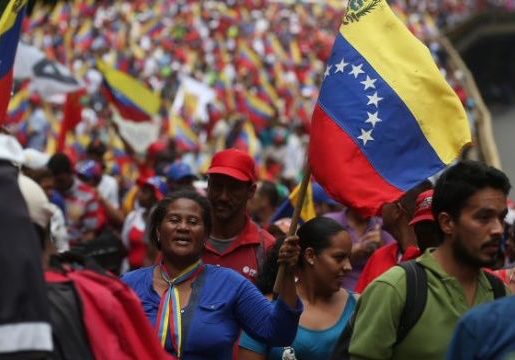
Dec 11, 2018 | Advocacy
In a document presented to the Inter-American Commission on Human Rights, ICJ Vice President Carlos Ayala explains that Venezuela’s denunciation of the OAS Charter remains without effect.
In April 2017, Venezuela lodged a notification with the Secretary General of the Organisation of American States (OAS) that Venezuela denounced the OAS Charter in order the withdraw its membership from the organisation.
In a document presented to the Inter-American Commission on Human Rights on 4 December 2018, ICJ Vice President Carlos Ayala explains why the denunciation is unconstitutional and violates binding principles of international law.
According to Professor Ayala, who served as President of the Inter-American Commission between 1996 and 1999, the OAS Charter holds a constitutional status under Venezuela’s domestic law that does not permit withdrawal from the Charter on the basis of political interests.
Additionally, the Charter establishes that it will cease to be in force following a notification of denunciation only after the denouncing State has fulfilled its obligations under the Charter. Since Venezuela is the subject of several pending matters concerning its purported failure to fulfil Charter obligations, its denunciation remains without effect.
Venezuela-OAS denunciation-Advocacy-2018-SPA (see full document, in Spanish)
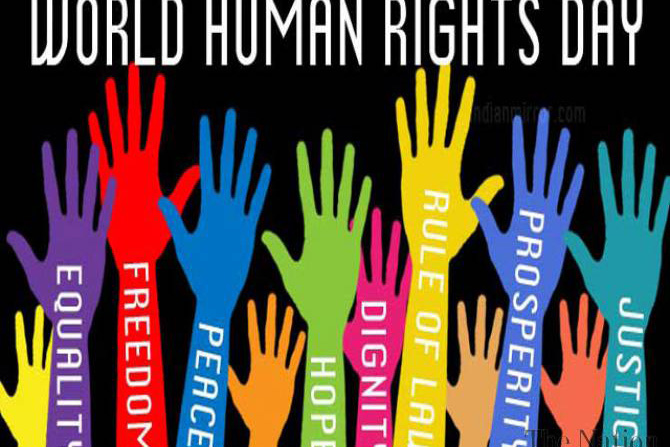
Dec 10, 2018 | Multimedia items, News, Video clips
Today, 10 December 2018 marks the 70th anniversary of the adoption of the Universal Declaration of Human Rights (UDHR). Developed as a universal standard setting out the rights to be enjoyed by everyone, the elaboration of the UDHR was one of the first actions undertaken by the newly established UN in carrying out its human rights mandate.
The UN Charter, forged after the ravages of the Second World War, places advancement of human rights as a core purpose and principle of the UN.
Over the past 70 years, the UN and regional human rights systems have taken the UDHR as the benchmark in developing the impressive normative architecture that constitutes the present day basis of international human rights law and standards.
The International Commission of Jurists (ICJ) was founded in 1952, only four years after the UDHR, with a mission to advance the rule of law and legal protection of human rights. Most of the international legal human framework at that time had still not yet been developed. The founding members of the ICJ believed that the lofty human rights principles enunciated in the UDHR needed to be transformed into hard and enforceable legal obligations incumbent on all States. From its founding, the ICJ worked to develop treaties and other standards aimed to make the enjoyment of human rights real for people, and not merely aspirational.
According to Sam Zarifi, Secretary General of the ICJ, “The ICJ’s biggest contribution to the international legal framework is still to bring together jurists from around the world to defend the rule of law and the universality of human rights at the global and local level.”
“Many now established global legal instruments have the fingerprints of the ICJ all over them. Crucial regional frameworks in the African, European, and American regions were developed with the deep and sustained involvement of the ICJ, as were the creation of the post of UN High Commissioner for Human Rights and the International Criminal Court,” said Sam Zarifi.
The UDHR has not only inspired the work of human rights defenders, but has also been foundational for the general acceptance of the notion of human rights around the world.
From 1948 until the end of the twentieth century, there has generally been a continuous upward trajectory towards the advancement of human rights, even if there have been many pitfalls along the way.
The notion that people have rights is now universally accepted and known by people. At the Vienna Conference on Human Rights in 1993, all States of the world not only reaffirmed their commitment to the UDHR, but also agreed that “the universal nature of these rights and freedoms is beyond question.”
Over the years, there have certainly been major shortcomings in the push to achieve the realization of the human rights for all.
Some of the extreme examples include armed conflicts replete with crimes against humanity, war crimes and even genocide, followed by a failure to hold perpetrators accountable.
And there remains extreme poverty in parts of the world marked by a thorough neglect of economic and social rights.
Despite these shortfalls in implementation, it remains the case that human rights have been accepted as a key component in addressing humanity’s problems in the 70 years since the adoption of the UDHR.
“Over the years, more and more States have ratified human rights treaties, more States have incorporated human rights in their domestic law, and more courts have started to enforce human rights. At the grass roots law level, more organizations have demanded human rights as an entitlement and not just as an aspiration,” explains Ian Seiderman, Legal and Policy Director of the ICJ.
Despite, this long term trend in advancement of human rights, there are warning signs that progress is slowing and in some places has even reversed particularly in the past decade.
“We are now seeing a very strong pushback against human rights proclaimed in the UDHR from countries around the world,” says Ian Seiderman.
“Some of the pressures have come from the security angle, where even States that previously championed rights insist that rights protection must cede to security interest. More recently there has been a rise in populist authoritarian governments that don’t even pay lip service to human rights anymore. And many States have also turned their backs on the commitment to protect the most marginalized and vulnerable, such as refugees and migrants,” he adds.
Roberta Clarke, Chair of the ICJ Executive Committee:
At the normative level, there remains the notable gap in the international legal protection from transnational corporations and other business that abuse human rights and the reticence of many States to participate in good faith in the efforts at the UN to close this gap with a new business and human rights treaty.
This backlash has only redoubled the ICJ’s commitment to fight for the values originally imagined by the writers of the Universal Declaration of Human Rights.
The ICJ and its individual Commissioners remain heavily involved in the development of human rights standards and their implementation based on the UDHR and a part of the larger human rights movement.
The ICJ continues to work to adopt human rights law to changing conditions in the modern world, develops the human rights capacities of lawyers and judges in all parts of the world, undertakes legal advocacy internationally and in many countries, and provides legal tools for human rights practitioners.
Robert Goldman, ICJ President:
On the 70th anniversary of the UDHR, it is critically important to recall why the UDHR was established in the first place, especially in light of the current regression of human rights development around the world.
The preamble of the UDHR reminds us that “ disregard and contempt for human rights have resulted in barbarous acts which have outraged the conscience of mankind.”
But more critically, it also insists that addressing these and other acts of inhuman rights require that human rights be protected by the rule of law.
This will be the ICJ’s continuing mission.
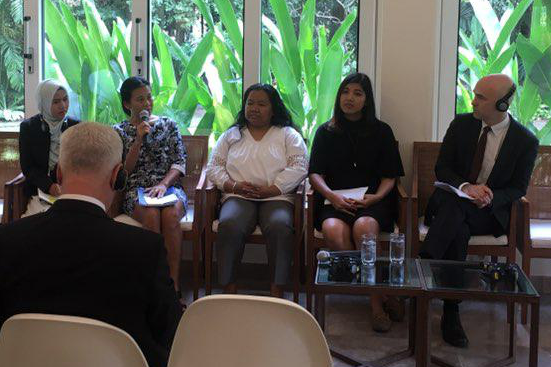
Dec 7, 2018 | Events, News
On 7 December 2018, the ICJ, together with the Embassy of the Federal Republic of Germany to Thailand, held an event at the German Ambassador’s Residence in Bangkok to mark Human Rights Day.
This was the fourth event co-hosted annually by the ICJ and the German Embassy as an early commemoration of International Human Rights Day, which falls on 10 December every year on the anniversary of the adoption of the Universal Declaration of Human Rights in 1948.
Ambassador-Designate H.E. Georg Schmidt delivered the opening address for the event, highlighting the importance of the principle of universality of human rights and noting the 70th anniversary of the Universal Declaration of Human Rights where that principle was enshrined.
ICJ’s Asia and the Pacific Director Frederick Rawski then delivered opening remarks, welcoming Germany’s long-standing support of the work of ICJ and its partners in Thailand in advancing the rule of law and human rights. He highlighted some positive developments in the human rights situation and stressed upon continuing challenges, in the context of potential upcoming elections in February 2019. He also recognized the crucial work of human rights defenders in Thailand.
Yaowalak Anuphan, Head of Thai Lawyers for Human Rights (TLHR), opened the discussion on the current human rights situation in Thailand, particularly focusing on challenges in the legal landscape and fundamental freedoms in the context of potential upcoming elections.
A panel discussion on prevailing human rights concerns then followed, moderated by ICJ’s Frederick Rawski. The discussion touched on a range of themes including land rights and the rights of indigenous peoples; human rights violations in the Deep South; Business and Human Rights and Thailand’s National Action Plan on Business and Human Rights; and refugee and migrants’ rights.
The panelists were:
- Pornpen Khongkachonkiet, Director, Cross Cultural Foundation;
- Waesonk Baneng, Lawyer, Muslim Attorney Centre Foundation;
- Sor Rattanamanee Polkla, Coordinator and Lawyer, Community Resource Centre Foundation;
- Yuhanee Jehka, Legal Officer, Asylum Access Thailand.
Approximately 80 individuals from Thai civil society, the diplomatic community, affected communities, academia, and Thailand’s Ministry of Justice and Ministry of Foreign Affairs attended the event.









